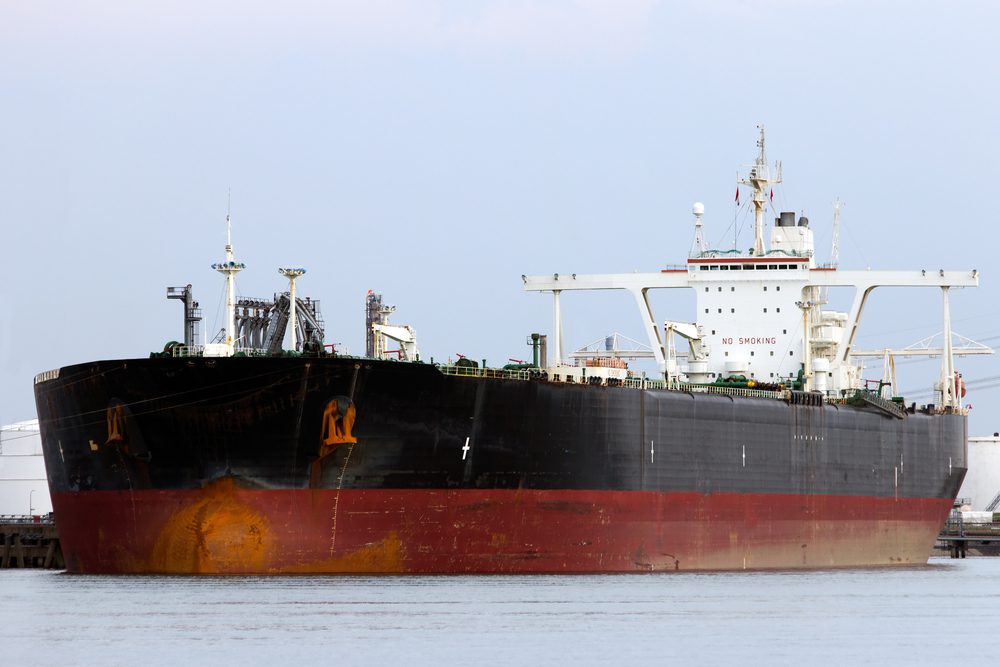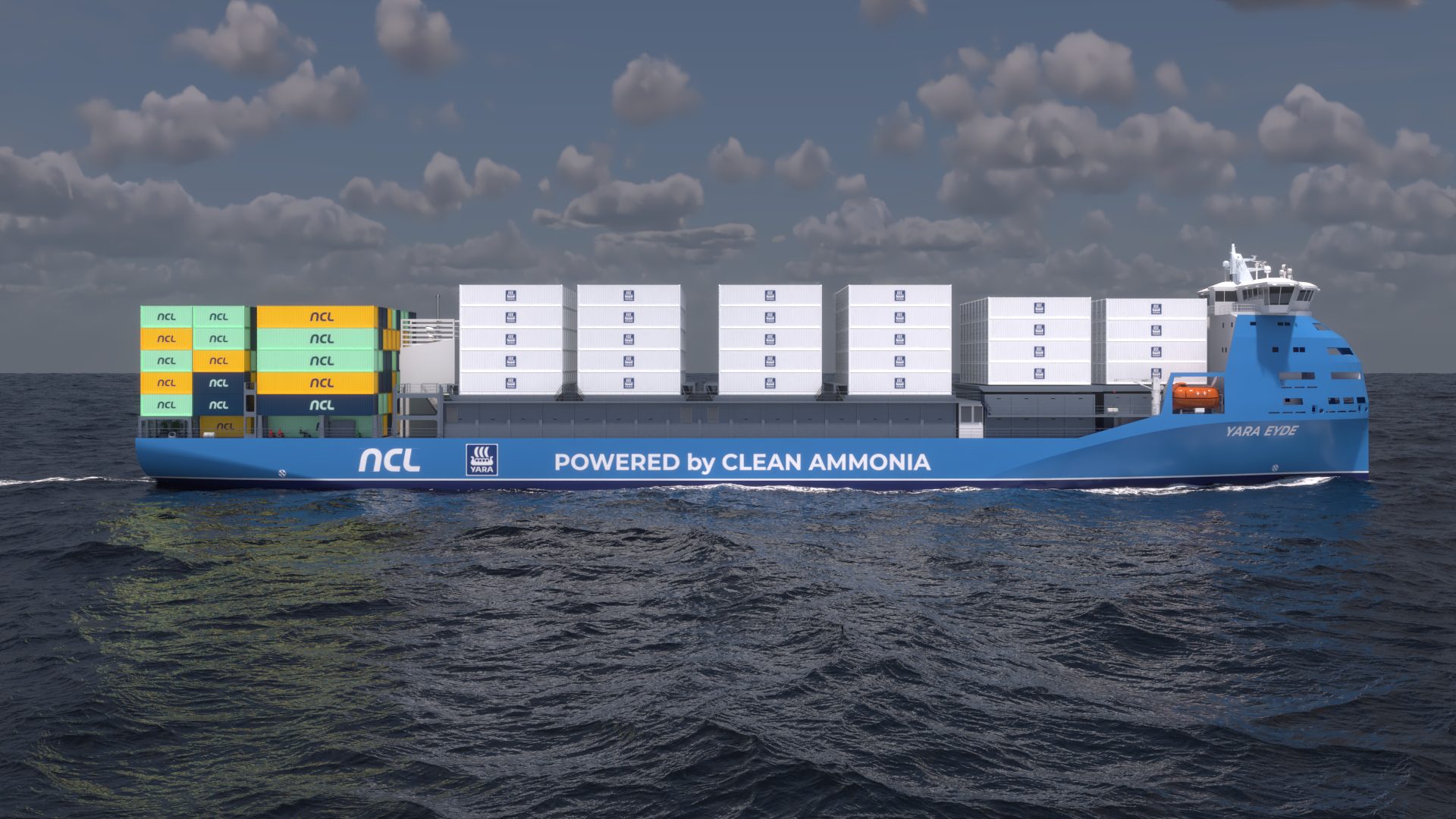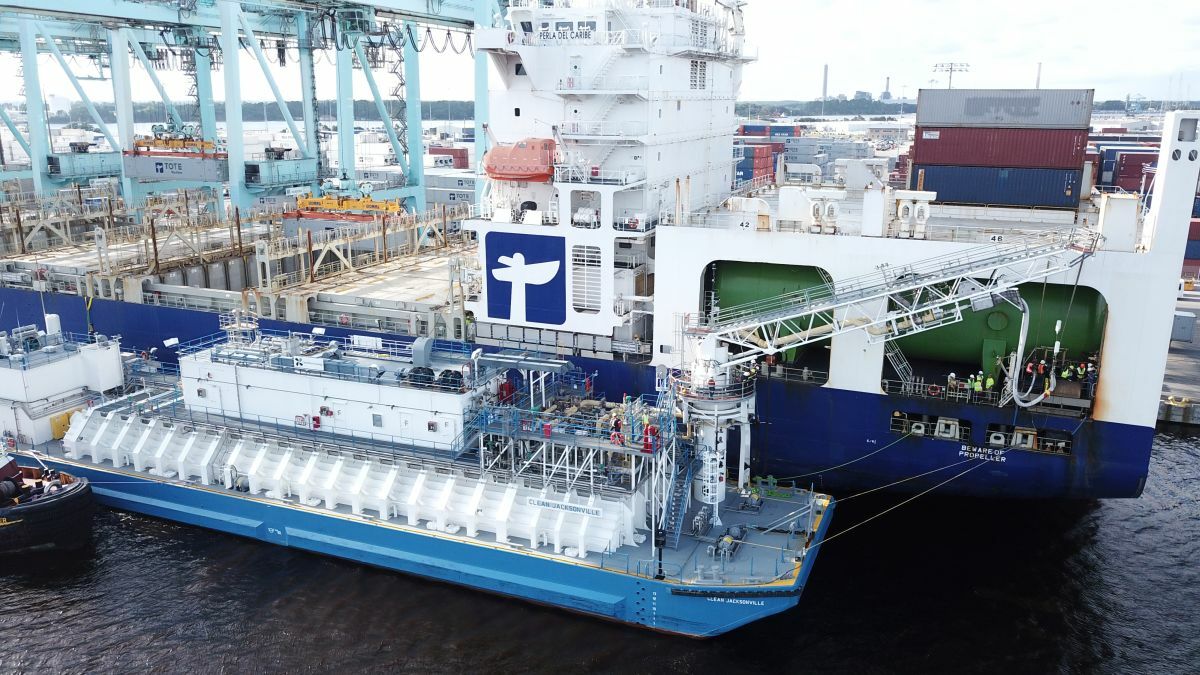 By Dmitry Zhdannikov
By Dmitry Zhdannikov
DAVOS, Switzerland, Jan 21 (Reuters) – European companies and trading houses are not rushing to buy Iranian oil because of legal uncertainties over the lifting of sanctions that are likely to take weeks to clarify.
A lack of dollar clearing, the absence of an established mechanism for non-dollar sales, insufficient clarity on ship insurance and the reluctance of banks to provide letters of credit to facilitate trade are all giving cause for caution.
Iran used to sell as much as 800,000 barrels per day (bpd) to European refiners in Italy, Spain and Greece before sanctions over its nuclear program were imposed. European markets have since then been inundated with extra oil from Saudi Arabia, Russia and Iraq.
Iran ordered a 500,000-bpd increase in oil output, of which 200,000 bpd will go to Europe, after the nuclear-related international sanctions were lifted on Saturday. But many European firms are wary of violating other sanctions that were imposed by the United States and have not been lifted.
Russian oil major Lukoil’s chief executive, Vagit Alekperov, said it was still not clear whether the company’s refineries in Italy or the Netherlands were free of legal risks to buy Iranian oil.
“It is all clear on the petrochemical side. We can transfer the money and buy and sell their products. On the crude side, our lawyers are looking into this,” he told Reuters Television on the sidelines of the World Economic Forum in Davos.
Marco Dunand, chief executive of Swiss trading house Mercuria, also believes Iranian oil imports into Europe remain complicated.
“As a European citizen, I can probably trade it again provided I don’t use U.S. dollars. But then if you use a euro-dollar conversion, does it become a grey (uncertain) zone?” he said.
Dunand said a lot of additional explanatory work needed to be done by European governments on how ship insurance and banking would now work before imports to Europe resume.
An executive from a European firm which was a big buyer of Iranian oil before the sanctions were imposed said it could take weeks to clear up many aspects.
“Up until Monday, banks and ship insurers were simply refusing to have any conversations about this,” he said.
Another senior oil executive at the Davos meeting said his firm would eventually resume imports from Iran but was still exercising caution due to a lack of clarity.
OLD CUSTOMERS
Market players, however, expect that companies which bought Iranian crude before the sanctions – such as Royal Dutch/Shell , Total, Eni, Hellenic Petroleum and traders such as Vitol and Glencore – will resume purchases at some point later this year.
Iran has stored 40 million barrels of crude in tankers and has said it is keen to regain its former customers, even as oil prices keep falling due to global oversupply.
After the initial export boost, Iran hopes to raise output further – by as much as 1 million bpd within a year – and attract more investments from oil majors in the future.
Lukoil’s Alekperov said he believed it would take five to seven years for Iran to boost output significantly and that this would happen only if the Islamic Republic put the right legislation in place to compete for investments.
“All of Iran’s oil-producing equipment needs to be modernized, its oil fields require investment… Unfortunately, Iran has not come up with the legislation yet… They need to make a competitive offer,” he said.
Iran would in effect be competing for investment with producers such as Mexico and Norway which are looking to develop new fields, he said.
Total and Eni have also said they would invest in Iran only if Tehran offered attractive terms materially different from its previous buy-back schemes or Iraq’s servicing contracts, which made many companies no money.
(Editing by Alexander Smith and Timothy Heritage)
(c) Copyright Thomson Reuters 2016.

 Join The Club
Join The Club











